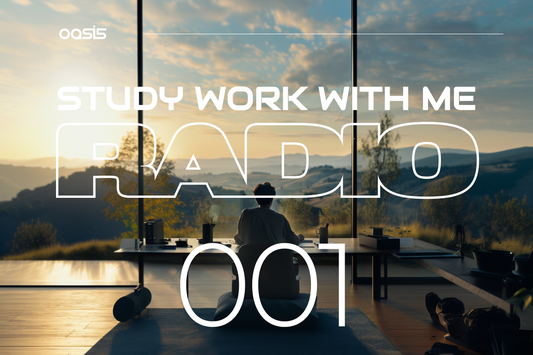Aristotle came to the unsurprising conclusion over 2,000 years ago that humans primarily seek happiness.
In 1961, US psychologist Mihály Csikszentmihalyi wrote, "Happiness is pursued for its own sake, while any other goal - health, beauty, money or power - is only valued because it is believed to lead to happiness." Csikszentmihalyi sought to find a term for the state in which we feel happiness. He called it "flow." But when are we "in flow"? In interviews with over 1,000 people, he found five common factors that all of those interviewed described when they spoke of feeling "happy": Happiness, or "flow," occurs when we are a) concentratedly engaged in an activity that we b) have self-determined, that is c) neither underchallenged (boreout) nor overchallenged (burnout), and that has d) a clear goal and e) immediate feedback.
Csikszentmihályi found that those who are "in flow" experience deep satisfaction as well as a loss of sense of time and self-perception - they become fully immersed in the activity. Musicians, athletes, actors, doctors, and pain


